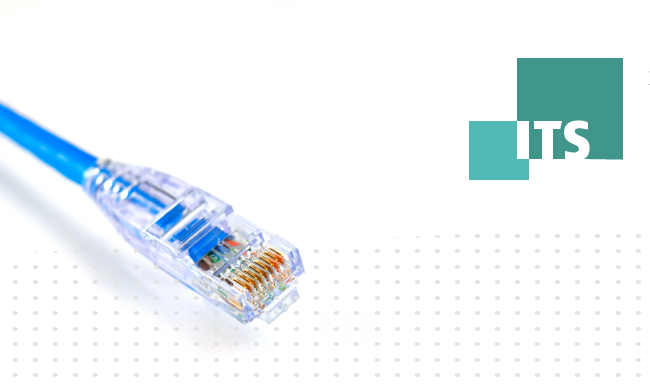I am currently spending three months in Montréal. Although I have had the chance to visit many countries due to my academic career, this is the first time I have the experience to engage, for such an extended period, in a foreign university. For a foreigner, communication is an important issue. I remember that 20 years ago, when I was abroad and wanted to talk with my parents, it was still necessary to buy a phone card and search for a public phone to use it. Sometimes public phones did not work; many times, you had to wait in a queue; the cards were expensive, and they did not last long enough. Having lived through those wild times, we are nothing but survivors.
Nowadays, the communication experience is entirely changed. If I want to talk to my family and friends, I can use Skype, WhatsApp or any other VoIP app. As we all know, in these cases, fees are lower, and if you have a good internet quality, the experience is almost the same as if you were using the services of traditional telephone companies. However, not all telecommunication companies are happy about the utilization of these apps.
In Brazil, the same company that provides me internet connection is responsible for my fixed telephone service. Every time I connect to Skype, in order to talk with friends living abroad, I do not use the telephone line. Although quality is many times inferior, VoIP apps are far less expensive, and that is why it is worth using them. But if telecommunication companies are losing money because I choose to use Skype instead of my telephone, why don’t they just worsen my internet connection to the point that the use of Skype becomes unfeasible and I am forced to use the good and old fixed telephone? The answer is net neutrality.
Tim Wu coined this principle. Net neutrality can be defined as
« the principle that Internet service providers and governments regulating the Internet should treat all data on the Internet the same, not discriminating or charging differentially by user, content, website, platform, application, type of attached equipment, or mode of communication ».
In short, we could say that if « all humans are equal before the law », the correspondent parallel in internet would be, “all data is equal before the web ».
Additionally, net neutrality may also prevent telecommunication companies from entering into agreements with content providers to benefit a website over another. For example, a company could have a financial agreement with, let’s say, YouTube, so whenever a user connects to any other video platform (Vimeo, Netflix), her/his internet connection would be so slow that this user would give up on watching the content of his interest or would look for it on YouTube.
Brazil’s internet bill of rights regulates net neutrality in the following terms:
Art. 9. The agent in charge of transmission, switching and routing must give all data packets equal treatment, regardless of content, origin and destination, service, terminal or application.
§1. Traffic discrimination and degradation will be subject to regulations issued under the exclusive powers granted to the President of the Republic in Article 84(iv) of the Federal Constitution, for the better implementation of this Law, after hearing the Brazilian Internet Steering Committee (CGI.br) and the National Telecommunications
Agency (Anatel), and may only result from:
I – technical requirements essential to adequate provision of services and applications, or
II – prioritization of emergency services.
§2. In the event of traffic discrimination or degradation, as contemplated in §1, the agent in charge must:
I – refrain from causing damage to users, as provided for in article 927 of the Civil Code (Law 10.406 of 10 January 2002);
II – act in a fair, proportionate and transparent manner;
III – provide users, in advance, with clear and sufficiently descriptive information on its traffic management and mitigation practices, including network security measures; and
IV – provide services on non-discriminatory commercial terms and refrain from anti-competitive practices.
§3. Subject to the provisions of this article, the content of data packets may not be blocked, monitored, filtered or analyzed in internet connections, either paid or free of charge, or in transmission, switching and routing.
As it is easy to see, Brazilian law protects the idea of net neutrality with two exceptions: technical requirements essential to the adequate provision of services and applications, or prioritization of emergency services. The first refers, for example, to services that need synchronous communication (VoIP and streaming) over e-mails and social networks, for instance. The second relates to public calamities or catastrophes, in which case, certain online services must prevail over others.
Despite the approval of the law and a legal regulation (as foreseen in the text above copied), a question remains unanswered according to Brazilian legislation: Is the practice of « zero rating » legal?
Zero rating consists in offering « free » content to users of an internet service provider (ISP). For example, I may use Facebook and WhatsApp for free depending on my ISP. « For free » means that when I use such apps, the data consumed is not discounted from the total amount of data I contracted.
The issue is highly controversial. Some countries consider zero rating illegal, while other countries do not. Many are the reasons for which one may be in favor or against zero rating.
Therefore, zero rating, as a practice, is and will remain, at least for the next years to come, a disputable thematic. The question of whether zero rating is legal or not is one of these almost invisible concerns regarding the internet that interests everyone, but very few are aware of.
